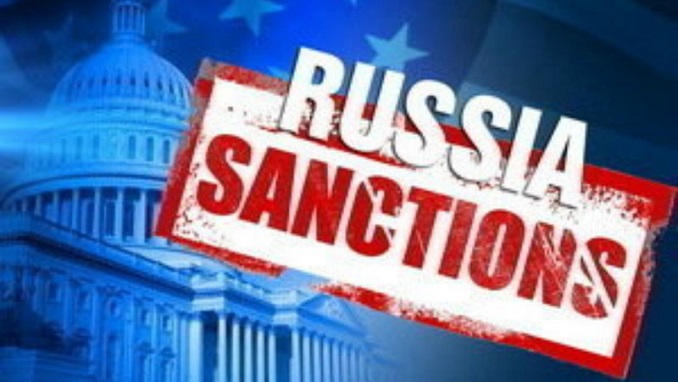As Russian debt was roiled by a fresh round of U.S. sanctions less than two months, many investors were caught out with overweight positions. Now, some of the bond investors are deciding that Russia isn’t such a toxic trade, after all, Bloomberg reports.
Russia has outperformed all peers this month, sending a signal to traders amid a quiet patch in tensions between Washington and the Kremlin.
Aberdeen Standard Investments and Amundi Asset Management are both bullish on Russian local debt, while veteran investor Jim Rogers says he’s been buying. Analysts at Societe Generale SA say clients are even starting to view Russian markets as a shelter from rising political risks in Turkey and the Eurozone.
“If there’s one thing we expected to hear from clients the least at this juncture, it has to be the good-old paradigm of Russia as the ‘safe haven’ across emerging markets,” SocGen analysts including Yury Tulinov wrote in a research note following investor meetings in London and Paris. “Surprisingly enough, it did come up from time to time, with clients generally proving more constructive than we had anticipated.”
On the supply side, Russia’s Finance Ministry on Tuesday offered 30.09 billion rubles ($492 million) worth of OFZ treasury bonds at two auctions on Wednesday.
The ministry said it would offer 15 billion rubles of OFZs maturing in February 2024 RU26223=MM and 15.093 billion rubles of OFZs maturing in February 2028 RU52002=MM.
The uptick in sentiment is good news for President Vladimir Putin as he gears up to showcase Russia’s investment potential in his hometown at the St. Petersburg International Economic Forum, which starts on Thursday. Investors say the event, as well as Russia’s hosting of the World Cup, is fueling optimism that tensions with the U.S. will be bridled for the next few months.
The risks that spooked investors when the U.S. targeted Russia’s biggest aluminum producer with sanctions last month haven’t gone away. But unlike Turkey, South Africa and Argentina, Russia is well placed to withstand a rise in global interest rates due to its low debt levels and current-account surplus. The surge toward $80 a barrel in crude oil, Russia’s main export earner, is making that argument even stronger, Bloomberg wrote.
“Turkey is blowing up, South Africa has some weakness. On the overall emerging-market level, Russia is one of the more solid stories,” said Viktor Szabo, a money manager who helps oversee $15 billion in emerging-market debt at Aberdeen Standard Investments in London. “The sanctions risk hasn’t gone away, but unless we have a real escalation somewhere, I don’t see it as an imminent threat.”












